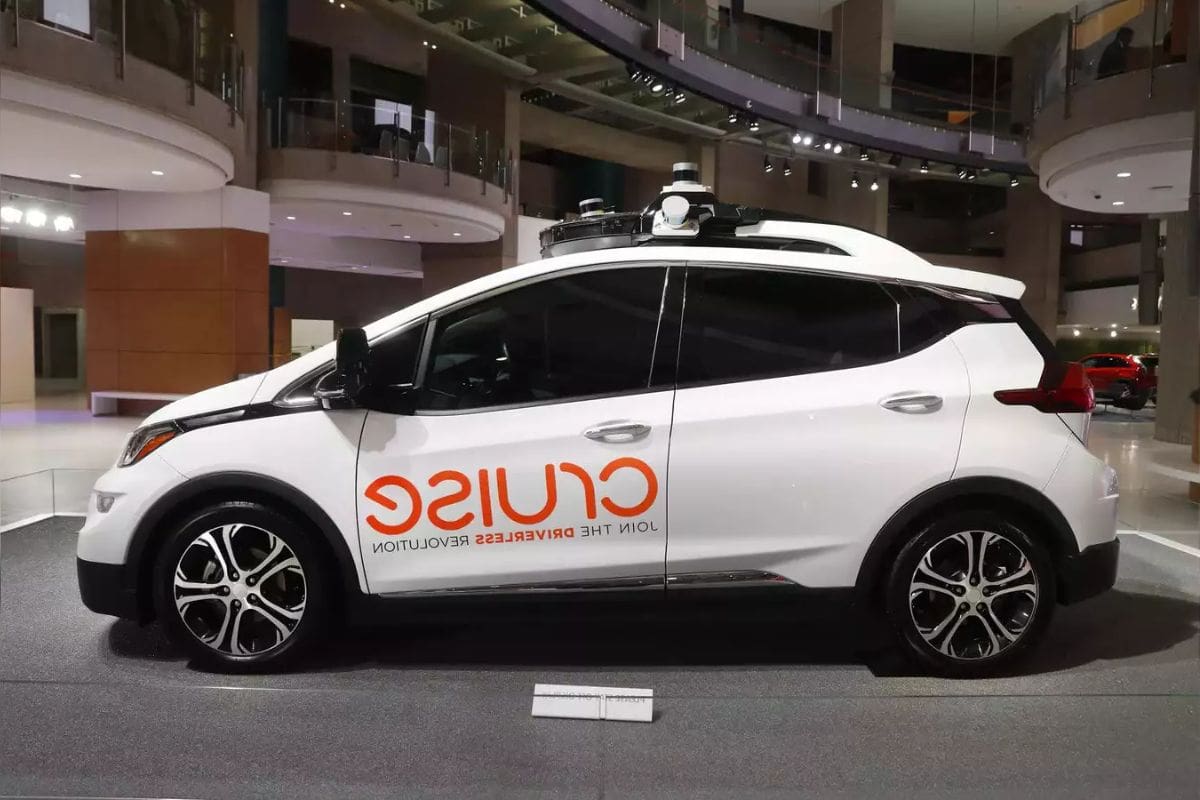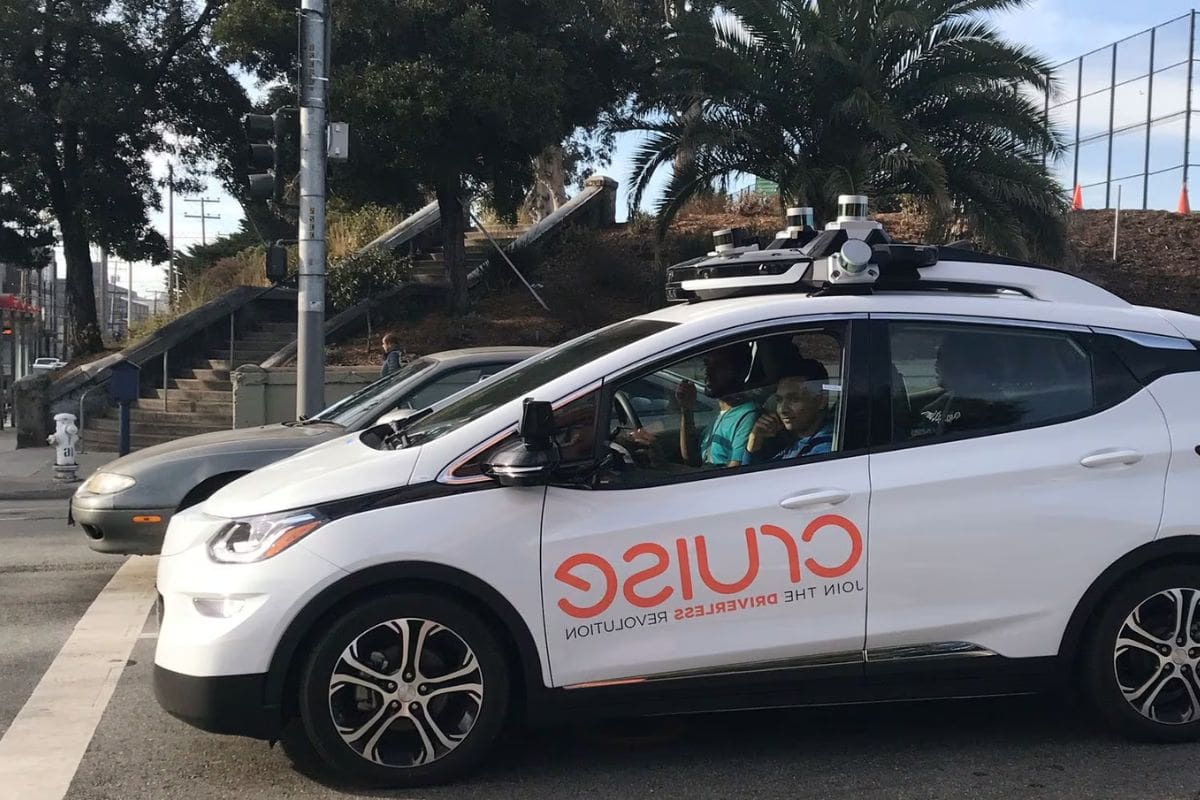Driverless Cars More Test Miles in California: The development and testing of driverless cars have seen a significant surge in California, with the number of test miles covered increasing by five times in recent years. This rapid growth highlights the ongoing efforts of autonomous vehicle companies to perfect their technology and pave the way for a future where self-driving cars become a common sight on our roads.
However, this progress has not been without its challenges and controversies, as demonstrated by the recent accident involving a Cruise robotaxi and the subsequent public outcry. As the number of autonomous vehicles with safety drivers continues to rise, supporters of self-driving technology applaud the potential benefits it can bring, while concerns about safety and the involvement of Chinese companies in the industry grow.
The regulatory response to these developments is crucial, as it will shape the future of autonomous transportation and address the growing concerns surrounding its implementation.
Key Takeaways
- Driverless vehicle miles in California have experienced a significant surge, reaching 3.3 million miles in the past year.
- General Motors’ Cruise and Alphabet’s Waymo contributed the majority of the driverless vehicle miles, with Cruise accounting for 63% and Waymo for 36%.
- Despite concerns raised by a Cruise robotaxi accident, the overall data shows a substantial increase in the number of miles covered by completely driverless vehicles.
- Autonomous testing with safety drivers has also increased, indicating ongoing progress and development in autonomous vehicle technology.
Surge in Driverless Vehicle Miles in California
The state of California has recently seen a significant surge in the number of miles covered by driverless vehicles, reaching an impressive 3.3 million miles in the past year alone. This surge occurred amidst concerns raised by a Cruise robotaxi accident, which sparked discussions about the safety and reliability of self-driving vehicles.
However, despite this setback, companies such as General Motors’ Cruise and Alphabet’s Waymo contributed significantly to these miles, accounting for 63% and 36% respectively, according to the state’s Department of Motor Vehicles (DMV).
This indicates a substantial increase from the previous year’s total, highlighting the growing prominence of autonomous technology on the state’s roadways. This uptick in driverless vehicle miles showcases the ongoing advancements and progress being made in the field of autonomous transportation.
Cruise Robotaxi Accident and Public Outcry
Amidst concerns raised by a Cruise robotaxi accident, there was a nationwide suspension of operations and ignited public outcry. The incident involved an autonomous vehicle hitting and dragging a pedestrian, which raised serious questions about the safety and reliability of driverless cars.
As a result, Cruise, one of the leading companies in autonomous vehicle technology, had to halt its operations temporarily, leaving many skeptical about the future of self-driving cars. The accident highlighted the need for stricter regulations and improved safety measures in the development and deployment of autonomous vehicles.
Although the incident caused public outcry, it is worth noting that the overall data showed a significant increase in the number of miles covered by completely driverless vehicles, indicating progress and potential in this emerging technology.

ALSO READ: Tenet Announced Seven Hospitals in South Carolina and California
Autonomous Testing with Safety Drivers on the Rise
Autonomous testing with safety drivers has seen a notable increase, indicating ongoing progress and development in the field of autonomous vehicles. According to DMV data from December 2022 to November 2023, the number of autonomous tests with safety drivers reached 5.7 million miles. This is a significant increase from the previous year’s 5.1 million miles.
The rise in testing with safety drivers suggests that companies are actively working to refine their autonomous technologies before moving towards fully driverless operations. This emphasis on safety and cautious testing reflects a commitment to ensuring the reliability and effectiveness of autonomous vehicles.
As the number of test miles continues to grow, so does our understanding of autonomous vehicle capabilities and limitations, bringing us closer to a future where self-driving cars become a part of our everyday lives.
Supporters and Concerns Surrounding Self-Driving Technology
With the increasing number of test miles covered by autonomous vehicles, it is important to consider the perspectives of both supporters and concerned parties regarding the adoption of self-driving technology.
Supporters highlight the potential of self-driving cars to enhance safety, citing the elimination of risky behaviors like drunk driving and distracted driving. They argue that self-driving technology has the potential to save thousands of lives each year.
However, concerns have been raised by various groups. San Francisco residents, city agencies, and some labor unions worry about the disruptive impact of robotaxis on traffic. They also express concerns about the erratic driving and abrupt stops associated with self-driving cars.
Addressing these concerns will be crucial to the widespread acceptance and successful integration of self-driving technology into our transportation systems.
Regulatory Response and Growing Concerns about Chinese Companies
The regulatory response to the recent Cruise accident has prompted a suspension of testing and deployment permits, raising growing concerns about Chinese companies and their collection and storage of sensitive data on citizens, infrastructure, and technologies.
This has ignited discussions around privacy and security in the development and deployment of autonomous vehicle technology. With 38 companies currently holding permits for testing autonomous vehicles with a safety driver, and only six permitted for completely driverless testing, there is a need for increased transparency. Some US lawmakers are calling for stricter regulations and clearer guidelines, particularly for Chinese companies, to ensure the protection of sensitive data. The table below highlights the concerns surrounding Chinese companies and their data practices:
| Concerns |
|---|
| Collection of sensitive citizen data |
| Storage of sensitive data on infrastructure |
| Potential risks to technology security |
These concerns emphasize the importance of addressing privacy and security issues as autonomous vehicle technology continues to advance.
Conclusion Of Driverless Cars More Test Miles in California
The surge in driverless vehicle miles in California highlights the increasing development and testing of autonomous technology.
While there have been concerns and public outcry surrounding accidents involving cruise robotaxis, the overall trend shows a rise in autonomous testing with safety drivers.
Supporters believe that self-driving technology holds great promise for the future, while others express concerns about safety and the involvement of Chinese companies.
Regulatory responses are being developed to address these growing concerns.
Our Reader’s Queries
Are driverless cars legal in California?
California boasts the most extensive set of autonomous vehicle driving laws in the United States. The regulation of self-driving cars in California surpasses that of any other state. In 2012, California became the third state, following Nevada and Florida, to authorize the use of self-driving vehicles on state roads.
What is Level 3 autonomous driving in California?
Under the SAE International scale, Level 3 is sanctioned for highway operation at speeds of up to 40 mph, making it suitable for use in congested traffic or traffic jams. The Drive Pilot employs radar, lidar, cameras, ultrasound, and moisture sensors to furnish data on road conditions to vehicle computers.

